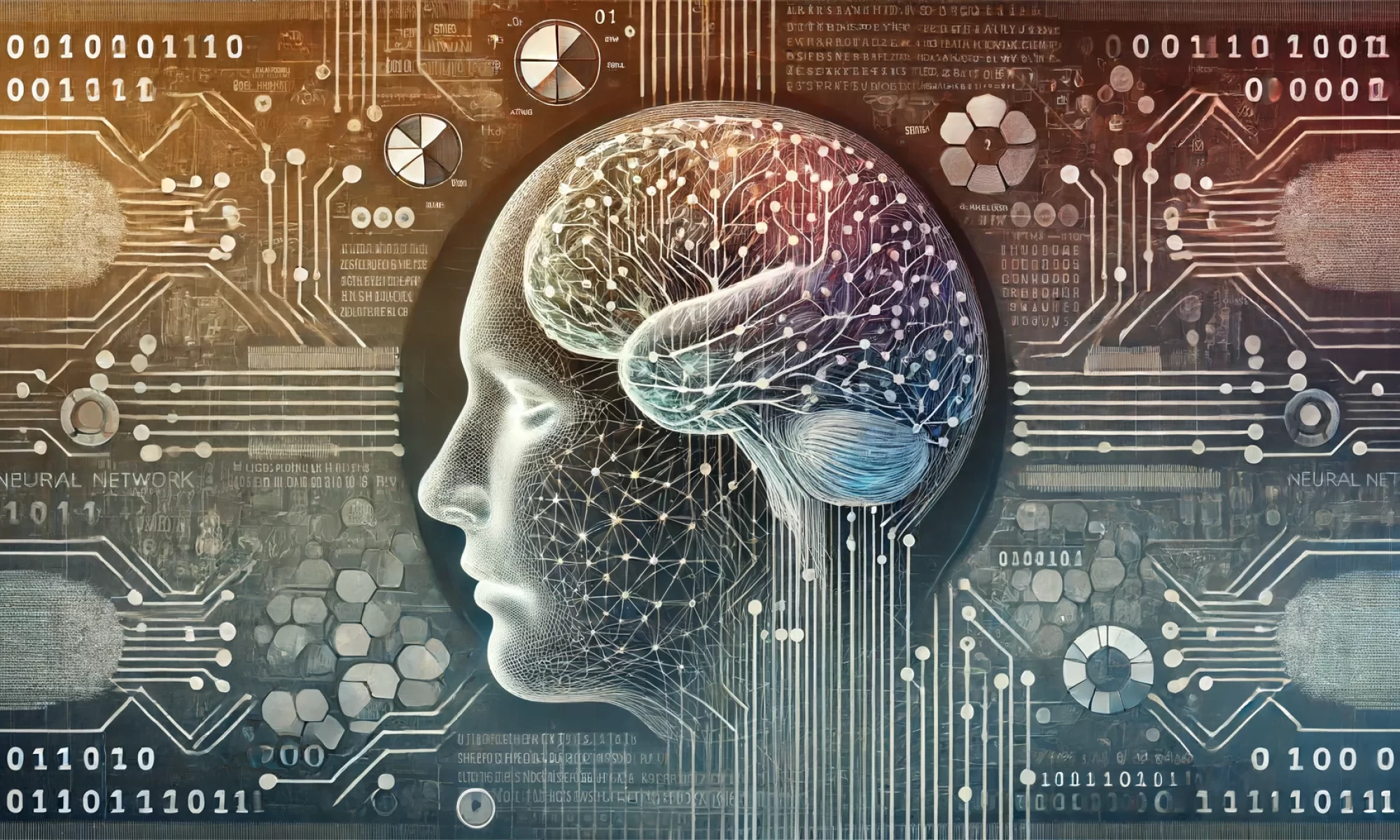**Note**
This article was originally published on Medium on Nov. 24, 2019.
**End Note**
When NASA first found out how bad the meteor strike would be, they kept it a secret from the general public. At least until a do-gooder decided that the information was too important to be hidden and leaked the news to the press.

Dozens of national space agencies counterchecked the calculations. The vice president looked like he was about to throw up as he announced what was basically the end of the world. He walked out of the conference room, pulled out an unregistered firearm, and put a bullet in his brain.
People noticed.
Panic and pandemonium erupted around the world. Social conflict rose on an unprecedented scale as people turned against each other, first on class lines, then on race lines, then on religious lines.
Civilization had collapsed. We slowly reverted to the beasts we had always been suppressing. The final paroxysms of the dying organism that was humanity were the worst. Cities fell, societies collapsed, entire countries turned into gigantic conflagrations in minutes.
The observant reader will even now be asking me about the enclaves, but keep in mind that almost nobody knew about them at the time.
A few humans survived. They were lucky, of course, that a group of intellectuals, activists, and general do-gooders across the world spent their last days deactivating the nukes.
Why they did that was a question nobody could answer. Why would you spend your final days disarming nukes when the world was going to end in a week?
I watched the mess from my satellite uplink and wept. BBC stopped broadcasting news three days into the chaos, but some enterprising soul kept up a constant stream of 80s and 90s hits that we listened to as we went about our daily tasks. There was little chaos amongst us, for we were the few who had renounced the earth.
We hadn’t believed it at first. Then we raged, first at each other and then at the world. We tried bargaining, sending messages to out-system AIs to no avail. We were in the penultimate stage now. Despair put dangerous questions in our minds, but we had been selected for mental toughness.
Nobody succumbed to despair.
One or two made trouble, but the psychologists rooted them out quickly enough. We forced them out of our little bubble with tears in our eyes.
As we neared the fateful hour, the chaos seemed to subside, as if humanity had exhausted itself with its death throes and was now merely waiting for the end. We watched with bated breath, hoping against hope that the agencies were wrong — but knowing deep in our hearts that the earth was doomed. Our physicists had confirmed it, and they were never wrong.
A few minutes to the end, as the faint strands of music drifted to my ears, I heard Jan scream in disbelief. I quickly made my way to my station, and the blinking notification icon almost knocked me to the floor. I had thought us forgotten.
My, my, Miss American Pie…
‘Open it!’
My sharp command snapped him out of his daze. As he clicked on the icon, the message loaded.
“However long it takes — save us.”
Jan stared at me, and I almost couldn’t bear the hope in his eyes. The others filed in, ready for anything after Jan’s scream. Whispers spread through the group as the message disseminated across the crew, and I could see everyone’s spirits rise.
We had reached the depths of despair, but the message gave us something that, at that moment, I felt was the most beautiful thing ever.
Hope.
As Jan composed a reply, I heard the last strains of the song. I couldn’t help but feel their purport.
The day the music died…
As the music faded and the meteor hurtled ever closer, a second message popped up.
A single word.
PLEASE.

Nice.
Nice perspective on the end of the world. I guess if it approaches civility will b like out first.
Yet if you all died it still is a fine last story or humanity
Thank you for your kind words, Kimani.